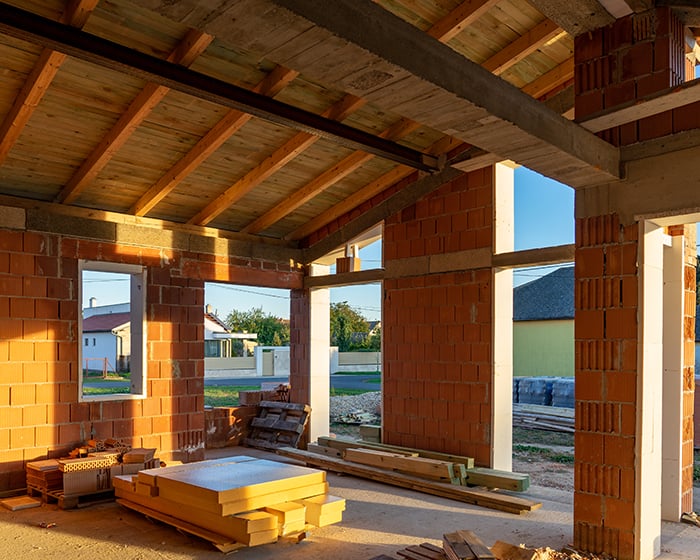Key Takeaways
- The One Big Beautiful Bill Act (OBBB) permanently increases Low-Income Housing Tax Credit allocations and relaxes financing requirements to expand affordable housing.
- Key tax credits and incentives for affordable housing and community investment, such as the New Markets Tax Credit and Opportunity Zones, are now permanent or extended.
- Important changes include the restoration of 100% bonus depreciation, updated interest expense limitations, and the phase-down of certain energy credits after 2025.
The recently enacted One Big Beautiful Bill Act (OBBB) modifies current affordable housing tax provisions and phases out energy provisions.
Here’s what industry leaders need to know:
Increases to the Low-Income Housing Tax Credit (LIHTC)
Beginning with the 2026 tax year, the LIHTC allocation will be permanently increased by 12%. This is anticipated to significantly increase the number of affordable housing units over the next 10 years.
Additionally, the private activity bond financing requirement for LIHTC credits has been reduced from 50% to 25% for qualifying projects placed into service after December 31, 2025.
New Markets Tax Credit (NMTC) Now Permanent
The NMTC program provides funding (through tax credits) for commercial projects located in designated low-income communities. Under prior law, the NMTC program would expire at the end of 2025, but the OBBB permanently extends the NMTC program.
Extension and Expansion of the Opportunity Zones Tax Incentive Program
The Tax Cuts and Jobs Act (TCJA) first created the Opportunity Zone tax incentive program. Essentially, the program designates underdeveloped areas (called Opportunity Zones) and encourages investment into these zones by allowing qualified investors to defer capital gains temporarily and, if certain requirements are met, achieve a 100% gain exclusion after 10 years.
This program was originally set to expire at the end of the 2026 tax year. Under the OBBB, the Opportunity Zone tax incentive program is now permanently extended, offering qualified investors a rolling five-year deferral period and a 10% step-up on deferred gains for investments held for five years (for investments made after 2026). The 10-year gain exclusion rule remains. Certain rural areas can also receive enhanced tax benefits (additional basis step ups and reduced investment requirements).
Reinstatement of 100% Bonus Depreciation
The new tax legislation restores 100% bonus depreciation (for property placed into service after January 19, 2025), allowing businesses to immediately deduct the full cost of qualifying property in the year it is placed in service. This reverses the phase-down schedule that began after 2022 under the TCJA.
Interest Expense Limitations
Business interest expenses can again be deducted without regard to any depreciation and amortization. Since 2022, businesses with high amounts of depreciation and amortization could have their business interest expense deductions limited. The new formula applies for tax years beginning after December 31, 2024.
Phase Down of Energy Credits
Certain tax credits created as part of the Inflation Reduction Act will be eliminated at the end of the 2025 tax year, and clean energy investment and production tax credits for wind and solar are now only allowed for projects that begin by July 4, 2026, or which are placed in service before the end of 2027. Housing projects using these credits for current or future financing needs may need to reconsider or adjust their plans.
Tax Rates Extended and QBI Deduction Permanency
The tax rates created as part of the TCJA are now permanent, meaning the highest applicable federal rate is 37%. The qualified business income deduction (QBI deduction) under section 199A is also permanent, meaning income from passthroughs could be taxed at a preferential 29.6% tax rate.
Next Steps for the Affordable Housing Industry
Some of the above OBBB provisions favorably impact the affordable housing industry. The work now transitions to the Treasury Department and IRS to promulgate new regulations, forms, and instructions to help taxpayers make use of this new law. Our affordable housing team can help maximize benefits under the OBBB.
Stay Up to Date

Affordable Housing
Achieve maximum economic benefit with our trusted guidance.
Who We Are
Eide Bailly is a CPA firm bringing practical expertise in tax, audit, and advisory to help you perform, protect, and prosper with confidence.



